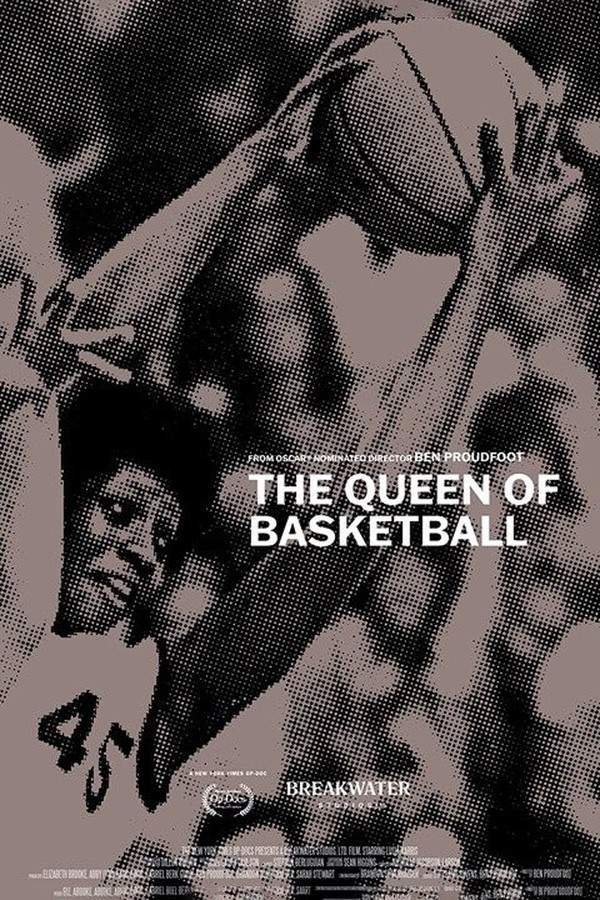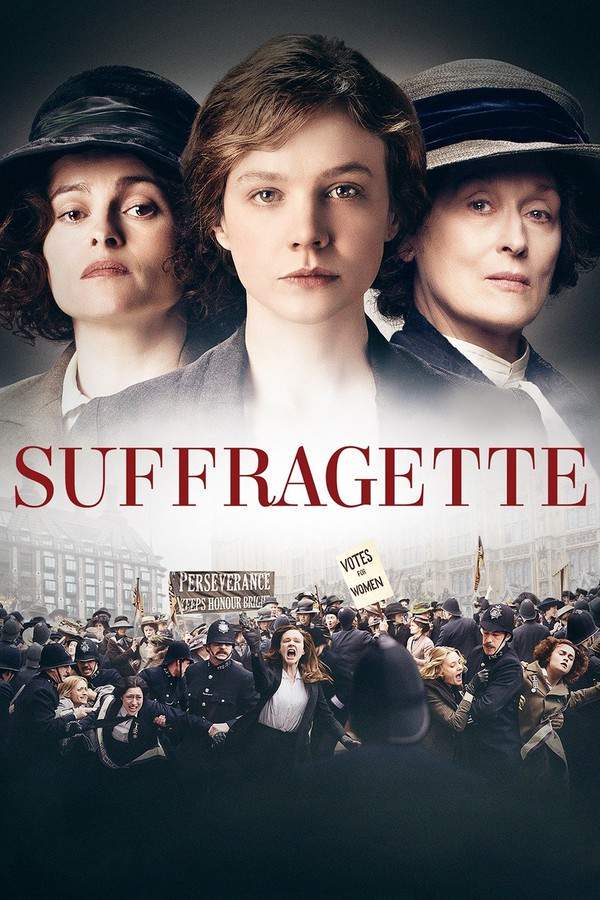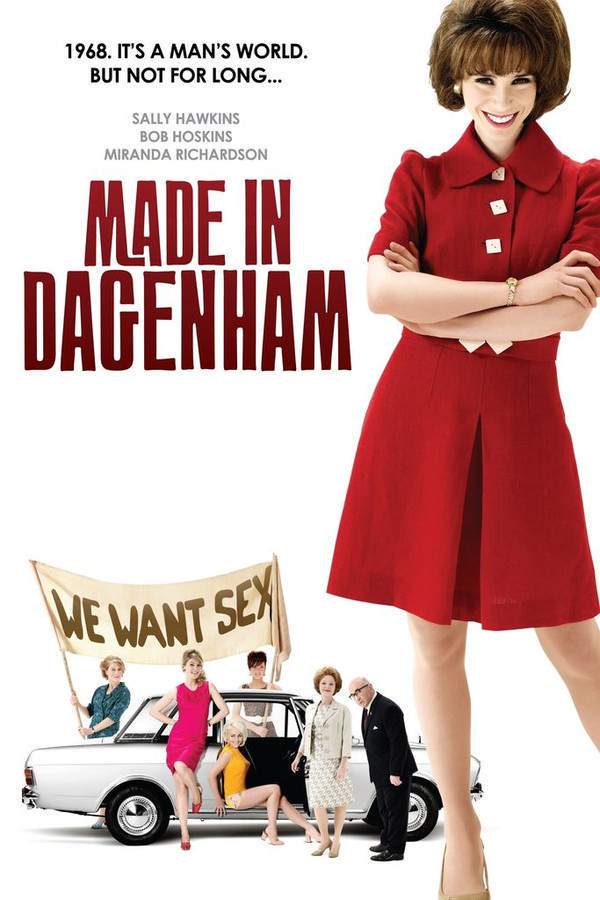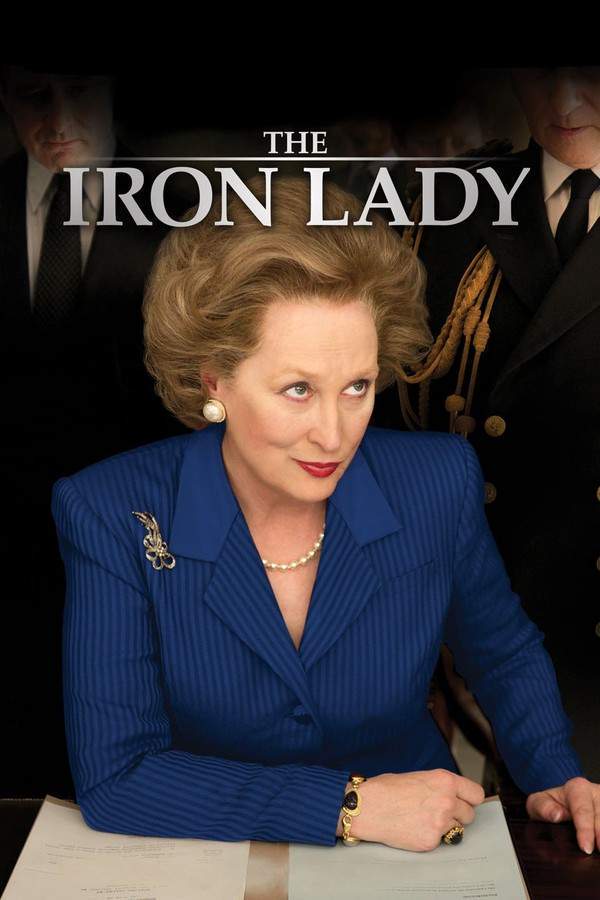
The Iron Lady 2011
Directed by
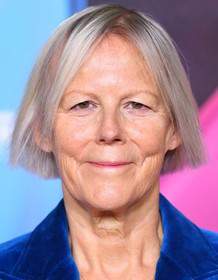
Phyllida Lloyd
Made by

Weinstein Company, The
Test your knowledge of The Iron Lady with our quiz!
The Iron Lady Plot Summary
Read the complete plot summary and ending explained for The Iron Lady (2011). From turning points to emotional moments, uncover what really happened and why it matters.
The narrative unfolds with Thatcher grappling with dementia in the present, where she perceives her late husband, Denis Thatcher, as a ghostly figure at her side. Through a series of poignant flashbacks, we are introduced to a young Margaret Roberts, who works diligently at her family’s grocery store in Grantham. As she listens to her father’s political speeches—of which she is deeply enamored—it becomes apparent that her relationship with her mother, a typical housewife, was fraught with tension.
We discover her academic ambitions as she secures a spot at Somerville College, Oxford University, showcasing her passion for politics over her initial interest in chemistry. Rising from her humble lower-middle-class background, she faces the challenges head-on in a conservative political arena dominated by men. Enigmatic businessman Denis Thatcher, enamored by her articulate nature, proposes to her; she accepts his proposal, making it clear that she refuses to be just an ornamental partner or a traditional homemaker, famously stating, > “I don’t want to die cleaning a teacup.”
Her journey continues as we witness her struggles to fit into the role of a “Lady Member” in the House and her tenure as Education Secretary within Edward Heath’s Cabinet. The film explores her camaraderie with Airey Neave, her bold decision to contest for the leadership of the Conservative Party, and her ultimate triumph, underscoring the efforts she undertakes for image coaching and voice training.
The flashbacks delve into significant historical milestones during her time as Prime Minister after clinching victory in the 1979 General Election. We see the repercussions of her monetarist policies manifesting in rising unemployment, her controversial budget in 1981, and the civil unrest marked by the Brixton riot and the 1984-1985 UK miners’ strike. One harrowing event is the bombing of the Grand Hotel in Brighton during the 1984 Conservative Party Conference, where both she and Denis narrowly escape death. Non-chronologically, we also witness her decisive actions during the Falklands War following the occupation by Argentina in 1982, her alliance with U.S. President Ronald Reagan, and the economic upswing of the late 1980s.
As years progress to 1990, the once formidable Thatcher now appears as an aging leader, defiantly clashing with her cabinet and refusing to acknowledge the discontent over the “Poll Tax,” which incites riots. The resignation of her deputy, Geoffrey Howe, after being publicly humiliated, leads to Michael Heseltine challenging her leadership. Ultimately, she finds her support dwindling among cabinet members, prompting her resignation after eleven years as Prime Minister. In a heartfelt moment, she bids farewell to 10 Downing Street, her eyes brimming with tears as Denis offers his consolation.
As the story draws to a close, Thatcher is confronted with her grief while packing away her late husband’s belongings. Tearfully, she tells Denis it’s time for him to leave her, to which he responds, > “You’re going to be fine on your own… you always have been.” Their separation brings the story full circle as she finds solace in her solitude, contentedly washing a teacup in her kitchen, symbolically embracing her new chapter in life.
The Iron Lady Timeline
Follow the complete movie timeline of The Iron Lady (2011) with every major event in chronological order. Great for understanding complex plots and story progression.
Thatcher's Present Struggles
The narrative begins with Thatcher experiencing the challenges of dementia in her present life. She perceives her late husband, Denis Thatcher, as a ghostly presence, which highlights her emotional turmoil and the impact of loss.
Young Margaret's Early Life
In flashbacks, we encounter a young Margaret Roberts working at her family's grocery store in Grantham. This formative experience shapes her understanding of hard work and community while highlighting the tension in her relationship with her mother.
Academic Ambitions at Oxford
Margaret's academic journey leads her to Somerville College at Oxford University. Despite initially being interested in chemistry, her passion for politics grows stronger, setting the stage for her future political endeavors.
Denis Thatcher's Proposal
Denis Thatcher, captivated by Margaret's intelligence and ambition, proposes marriage to her. Margaret accepts, clearly stating her desire to remain an independent figure, asserting, 'I don't want to die cleaning a teacup,' reflecting her determination to break traditional gender roles.
Challenges in Politics
As a 'Lady Member' in the House, Margaret faces significant obstacles in a male-dominated political landscape. Her tenure as Education Secretary under Edward Heath showcases her resilience and commitment to her political beliefs despite the struggles inherent in her role.
Leadership Contest
Margaret contests for the leadership of the Conservative Party, facing numerous challenges and skepticism from her peers. She vigorously prepares through image coaching and voice training, showcasing her dedication to overcoming the odds in her political career.
1979 General Election Victory
Margaret secures her place in history by winning the 1979 General Election, becoming the first female Prime Minister of the UK. Her victory signifies a monumental shift in British politics and sets the stage for her ambitious policies.
Controversial Policies and Unrest
Following her monetarist policies, the UK experiences rising unemployment and civil unrest, marked by the Brixton riot and the 1981 budget crisis. These events highlight the contentious nature of her leadership and the social struggles of the era.
The Brighton Hotel Bombing
During the 1984 Conservative Party Conference, the Grand Hotel is bombed in an attempt on Thatcher's life. Both she and Denis narrowly escape this harrowing event, illustrating the dire threats she faced as a leader during a tumultuous period.
Falklands War Decision
In 1982, after Argentina's occupation of the Falkland Islands, Thatcher takes decisive military action, leading to a conflict that ultimately enhances her reputation. This bold decision underscores her tenacity in the face of international challenges.
Alliance with Ronald Reagan
Thatcher forms a strong alliance with U.S. President Ronald Reagan, reinforcing a shared vision of conservative governance. Their political camaraderie reflects the global dynamics of the Cold War era and its impact on international relations.
Economic Upswing in the Late 1980s
The late 1980s witness a significant economic upswing in the UK, partially attributed to Thatcher's policies. This period of prosperity stands in stark contrast to the earlier hardships faced during her governance.
Poll Tax Riots
By 1990, dissatisfaction with the 'Poll Tax' visibility ignites widespread riots across the country. Thatcher's refusal to acknowledge the backlash signals her declining support and the increased pressure she faces within her own party.
Thatcher's Resignation
Following the resignation of her deputy Geoffrey Howe, who publicly humiliated her, Michael Heseltine challenges Thatcher's leadership. Facing dwindling support, she ultimately resigns after eleven years as Prime Minister, marking the end of her significant political reign.
A Tearful Farewell
As Thatcher bids farewell to 10 Downing Street, she is overcome with emotion, with tears in her eyes. Denis comforts her in this poignant moment, signifying the end of an era and the burdens of her tumultuous leadership.
Finding Solace in Solitude
In the closing scenes, Thatcher confronts her grief while packing away Denis's belongings. Their final exchange symbolizes her acceptance of solitude, where she finds comfort in washing a teacup, embracing her new chapter of life.
The Iron Lady Characters
Explore all characters from The Iron Lady (2011). Get detailed profiles with their roles, arcs, and key relationships explained.
Margaret Thatcher
Margaret Thatcher is portrayed as a multifaceted figure defined by her ambition, strength, and vulnerability. As the first female Prime Minister, she showcases resilience and determination as she navigates a hostile political landscape. Despite her formidable exterior, the film reveals her personal struggles, including her feelings of loneliness and loss amid her towering political achievements.
Denis Thatcher
Denis Thatcher is characterized as a supportive yet ghostly presence, representing both comfort and unresolved grief for Margaret. His unwavering support throughout her political career is contrasted by his absence following his death, reflecting the personal costs of ambition. The film depicts him as a loving husband who understood the complexities of Margaret's rise to power.
Edward Heath
Edward Heath serves as an important figure in Thatcher's early political life, embodying the challenges she faced as a woman in a male-dominated cabinet. His Cabinet role symbolizes the traditional political norms that Thatcher sought to challenge. The film illustrates the tensions of the era as she ultimately surpasses his leadership in her climb to power.
The Iron Lady Settings
Learn where and when The Iron Lady (2011) takes place. Explore the film’s settings, era, and how they shape the narrative.
Time period
1979 - 1990
The period from 1979 to 1990 describes a transformative era in British political history, marked by the rise of Margaret Thatcher as the first female Prime Minister. This time saw major economic changes, debates over social policies, and significant civil unrest, including the Thatcher government's controversial monetarist policies, the Falklands War, and widespread protests over the Poll Tax.
Location
Grantham, Somerville College, Oxford University, 10 Downing Street
Grantham is a town in Lincolnshire, England, known for its rich history and as the birthplace of Margaret Thatcher. Somerville College, part of Oxford University, has a reputation for academic excellence and progressive values, serving as a backdrop for Thatcher's early political ambitions. 10 Downing Street, the official residence of the British Prime Minister, symbolizes political power and is where significant national decisions are made.
The Iron Lady Themes
Discover the main themes in The Iron Lady (2011). Analyze the deeper meanings, emotional layers, and social commentary behind the film.
💪
Empowerment
The theme of empowerment is central to Margaret Thatcher's story, illustrating her rise as a powerful political figure in a male-dominated field. Her determination to succeed against societal expectations and her refusal to conform to traditional gender roles highlight the struggles and victories of women in politics. The narrative emphasizes her relentless pursuit of leadership and impact on British society.
💔
Loss
Loss intertwines with Thatcher's narrative as she grapples with the death of her husband, Denis, and the eventual loss of her political power. These emotional moments reflect the personal sacrifices she made throughout her career and the toll that her ambitions took on her relationships. The film poignantly explores her journey from grief to acceptance, symbolized by her solitary reflection in the kitchen.
⚔️
Conflict
Conflict pervades the film, showcasing both internal and external struggles faced by Thatcher during her time in office. From political battles within her party to the societal unrest against her policies, the narrative encapsulates the tumultuous nature of governance. The personal objections she faced in her marriage and public life paint a picture of a leader constantly at odds with expectations.

Coming soon on iOS and Android
The Plot Explained Mobile App
From blockbusters to hidden gems — dive into movie stories anytime, anywhere. Save your favorites, discover plots faster, and never miss a twist again.
Sign up to be the first to know when we launch. Your email stays private — always.
The Iron Lady Spoiler-Free Summary
Discover the spoiler-free summary of The Iron Lady (2011). Get a concise overview without any spoilers.
In the quiet of a modest kitchen, an aging stateswoman confronts the present with the weight of a lifetime behind her. The film opens with her navigating the fragile edges of memory, the ordinary domestic world contrasting sharply with the echo of a public life that once commanded a nation. The tone is intimate and contemplative, inviting viewers to see the person behind the icon as she wrestles with the disorienting fog of dementia and the lingering presence of a loved one who now exists only in her mind.
Through a series of tender, impressionistic flashbacks, the story traces the origins of Margaret Thatcher—from the aisles of her family’s grocery shop in a small English town to the halls of a prestigious university where her political fervor first ignited. The narrative sketches the formative clash between a driven young woman and the expectations of a traditional upbringing, hinting at the fierce resolve that would later propel her into uncharted territory within a male‑dominated arena. Early glimpses of her partnership with Denis Thatcher reveal a bond forged on mutual respect and a shared determination to defy conventional roles.
The film balances these recollections with the stark reality of a former prime minister confronting the erosion of her own mind. It paints a portrait of a leader whose public composure once masked personal doubts, now laid bare in a setting as ordinary as a teacup. The atmosphere oscillates between quiet melancholy and a lingering, iron‑clad resolve, underscoring the tension between public duty and private self.
As the narrative unfolds, the viewer is left with a sense of quiet anticipation—curiosity about how the past and present will intertwine, how the relentless drive that shaped a nation will echo in the stillness of an empty house, and how the final chapter of a remarkable life will be quietly, yet profoundly, observed.
Can’t find your movie? Request a summary here.
Movies with Similar Twists and Themes
Uncover films that echo the narrative beats, emotional arcs, or dramatic twists of the one you're exploring. These recommendations are handpicked based on story depth, thematic resonance, and spoiler-worthy moments — perfect for fans who crave more of the same intrigue.
Featured on this page

What's After the Movie?
Not sure whether to stay after the credits? Find out!
Explore Our Movie Platform
New Movie Releases (2026)
Famous Movie Actors
Top Film Production Studios
Movie Plot Summaries & Endings
Major Movie Awards & Winners
Best Concert Films & Music Documentaries
Movie Collections and Curated Lists
© 2026 What's After the Movie. All rights reserved.


